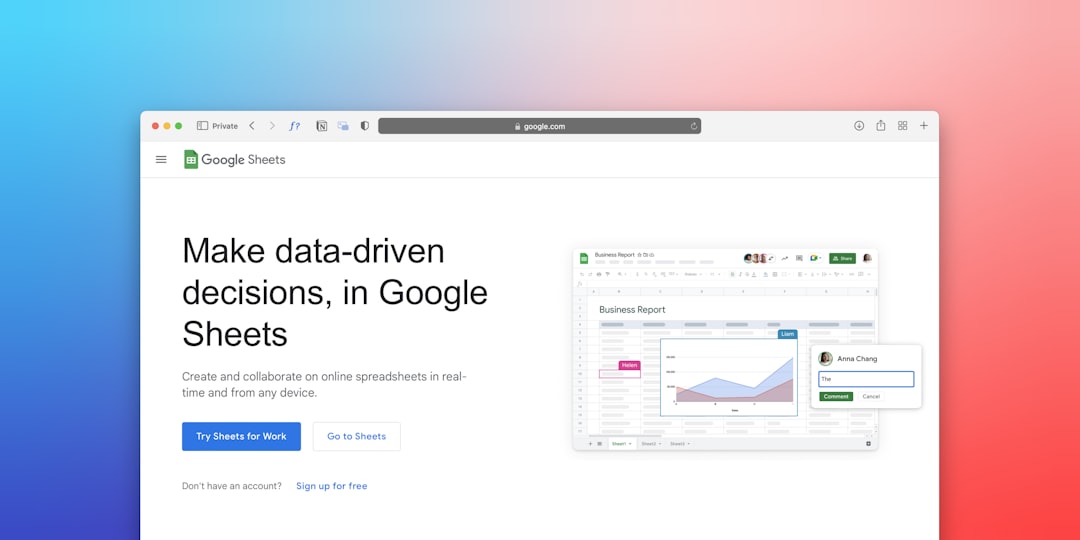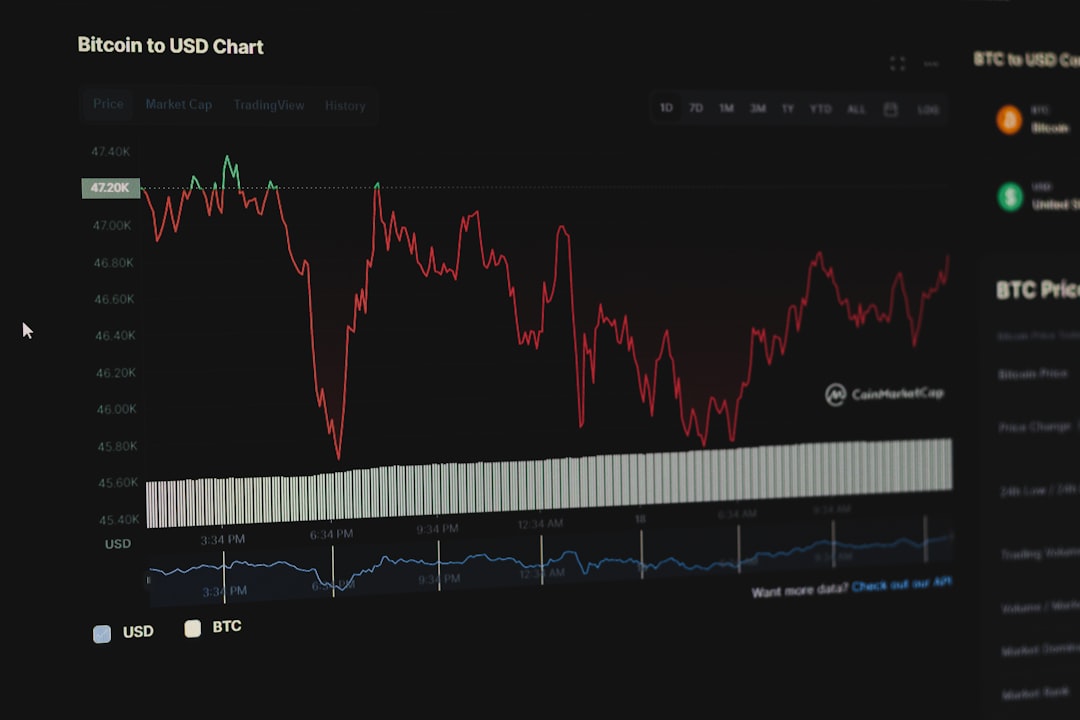In recent months, artificial intelligence has once again redefined how users interact with digital content. One notable development has been the rise of AI Overviews—concise summaries generated by AI that appear at the top of search engine results, designed to provide users with instant answers to their queries. While these overviews may improve efficiency for users, a new study reveals that they are also having a significant impact on click-through rates (CTR) across websites. According to current data, AI Overviews are reducing clicks by 34.5% on average, raising both concern and curiosity among digital marketers, publishers, and businesses.
This striking figure suggests that many users now get what they need directly from the summary, eliminating the need to explore individual websites. This shift is reshaping the fundamentals of how web traffic behaves and what it means to compete for visibility online.
What are AI Overviews?
AI Overviews are advanced search result features in which generative AI systems produce a bite-sized, yet informative response at the top of the search engine results page (SERP). These summaries pull data from multiple sources, including webpages, structured data, and user-generated content.
For example, a query like “How to fix a leaking faucet?” would be answered with a neatly formatted summary, listing steps in bullet points, with the AI citing a few sources (albeit superficially), making users less likely to scroll further or click on traditional search results.

The technology aims to provide value by increasing speed and accuracy for users, but this efficiency comes with significant consequences for traffic-dependent websites.
The Numbers Behind the Click Decline
A simultaneous analysis from several web analytics firms indicates that:
- News sites lost an average of 24% in referral traffic from queries now answered through AI Overviews.
- DIY and How-To blogs saw an even higher loss at nearly 40%.
- E-commerce platforms noted drops of up to 18%, likely because preliminary product comparisons were handled in the overview itself.
When AI provides enough immediate information, users no longer feel the need to explore further. This shift has prompted some in the industry to compare the impact to the rise of Google’s “featured snippets,” but with far broader consequences.
The Winners and Losers
The implementation of AI Overviews has not affected all industries equally. Industries that rely on emotional engagement, storytelling, or original multimedia content tend to retain more of their traffic. On the other hand, sectors such as recipes, travel tips, health advice, and financial guidance face some of the steepest declines.
Here’s a breakdown of who’s feeling the burn and who’s benefiting, relatively speaking:
- Most affected: Aggregator content sites, traditional blogs, forums like Reddit and Quora, and niche instructional pages.
- Least affected: Entertainment platforms, video content-focused sites, and ecommerce with unique offerings.

Strategies for Adapting
Website owners and digital strategists are now looking for new ways to remain visible and relevant. Typical solutions include:
- Improving content uniqueness: Offering insights or experiences that AI-generated summaries can’t replicate.
- Multimedia investment: Videos, infographics, and other dynamic content tend to attract more clicks than static text.
- Enhanced SEO practices: Focusing on long-tail keywords, user intent, and technical optimization to stand out in revised SERPs.
More advanced responses include content that encourages user interaction, such as quizzes, calculators, or tools—features that AI Overviews can’t fully replicate (yet).
The Road Ahead
While the 34.5% drop in clicks might signal a significant paradigm shift, it doesn’t necessarily mean doom for web publishers. Instead, it underscores the growing need to evolve alongside advances in AI. Organizations that embrace the new reality and adapt creatively may not only survive but thrive in a more competitive and nuanced landscape.
At the same time, the ethical and business implications of search engines repurposing website content for AI summaries without adequate traffic redirection remain a hot topic. Legal and regulatory discussions are already beginning to emerge in several regions, with questions being raised about intellectual property and fair attribution.
In the coming years, the balance between serving user expectations quickly and sustaining a healthy web ecosystem will become even more crucial. AI Overviews are just the beginning of this transformation—a signpost to the complex journey ahead.
